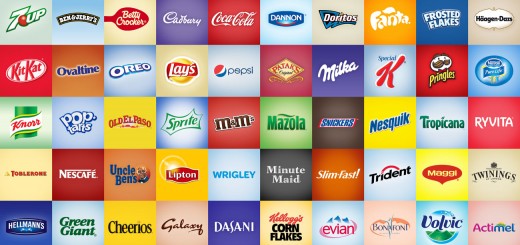The less people buy, the happier they are: Havas report
It is only four in 10 people worldwide who say that money gives meaning to their lives, while five in 10 say they would actually be happier if they consumed less, according to a new study ‘Money, Money, Money: Attitudes Toward Credit, Consumption, and Cryptocurrency’ from Havas Worldwide. With a stalling global economy and shrinking personal wealth, changing attitudes about money, consumption and debt indicate that capitalism is quickly becoming bankrupt.
The report highlights that money is important, but not everything. Seventy-one per cent of respondents say that life would in fact be better with more money; yet eighty-one per cent say that people obsessed with money are missing out on the true meaning of life. Seventy-three per cent say they admire people who are rich but still live simply.
Another finding of the report was that people are cautious about debt. Nearly seven out of 10 respondents say their lives would be better if they had less debt. The primary reason’s people are willing to incur debt are buying a home (50 per cent), paying for children’s education (40 per cent), investing in one’s own business (31 per cent), and buying a car (27 per cent).
The report highlights that there are still many questions that persist about the rewards of capitalism. Just forty-nine of respondents believe that the harder a person works, the more they will earn—a contradiction of a key belief on which capitalist societies are built. Fifty per cent of respondents say it frustrates them to have to work so many hours just to support themselves.
Consumers across the world now also expect banks to adapt to new technologies and take on a more personal role in customers’ lives. Fifty-nine per cent of respondents say they wish they were smarter about saving money. Forty-nine per cent of respondents want their financial life bundled within a single organisation, and among the early adopters in the sample set (Prosumers), fifty-five per cent want to pay for everything with smartphones and just as many would like to use biometric technologies for payments.
“People’s relationship with money is so fundamental that a study of this type offers insight into a much broader set of relevant and urgent issues far beyond the finance sector alone. Money shapes people’s everyday lives; it shapes their dreams, their views of their future, their relationships with one another and the world. From our study, it seems clear that capitalisms promise is bankrupt, that the world is unfairly stacked against the many benefitting only the few, and that people fear for their children’s futures. The past 12 months has witnessed increased cultural, economic and political turmoil—tangible evidence of people’s desire in every country around the world to revolt, to change things, to set a new course. What this new course may be, how a company might navigate these tumultuous times and how a brand might add value to the society it serves are just some of the big questions we all need to solve. It’s bleak reading, but it’s exciting,” said Dan Goldstein, Chief Strategy Officer, Havas New York.
The report ‘Money, Money, Money: Attitudes Toward Credit, Consumption, and Cryptocurrency’ draws on findings from a survey of 11,976 people aged 18+ in 37 markets. The survey was created by Havas Worldwide and fielded by Market Probe International.
The post The less people buy, the happier they are: Havas report appeared first on Digital Market Asia.




